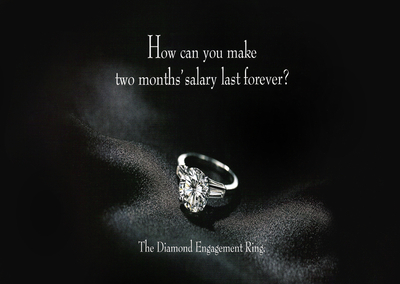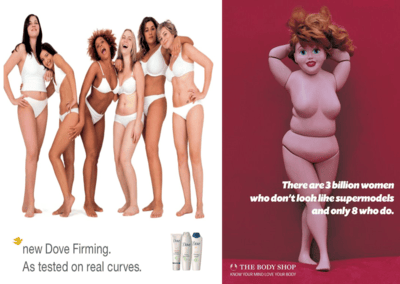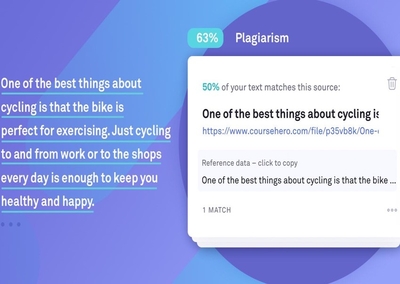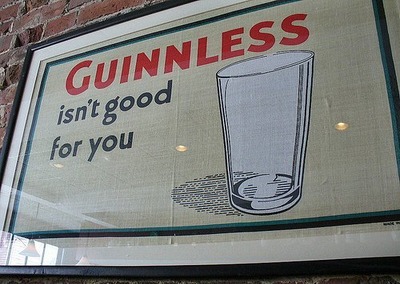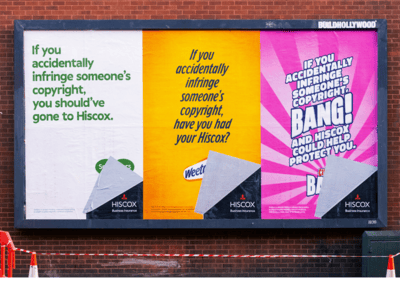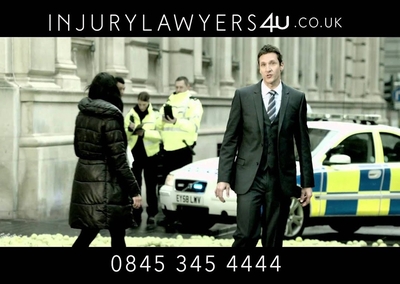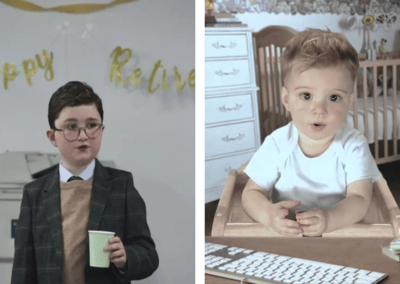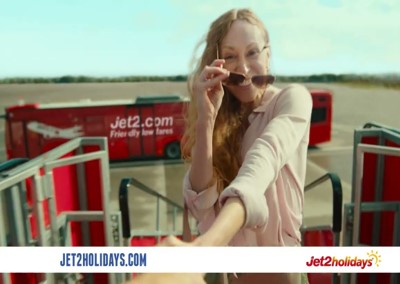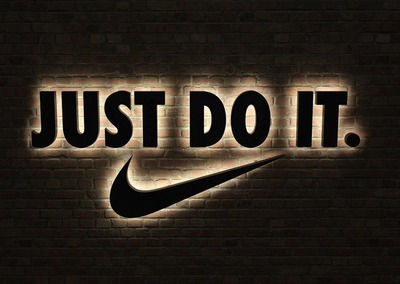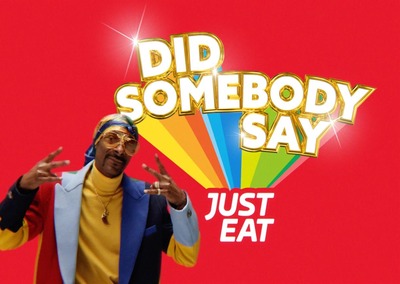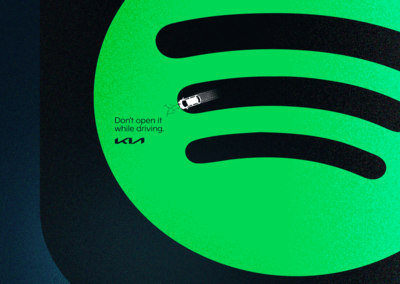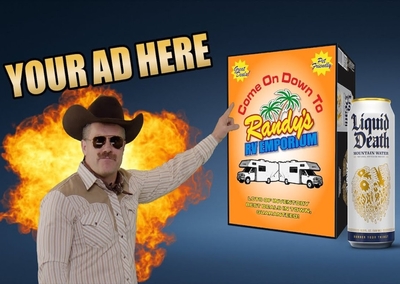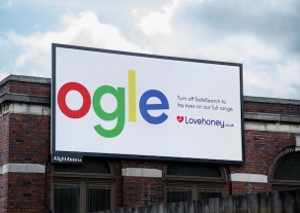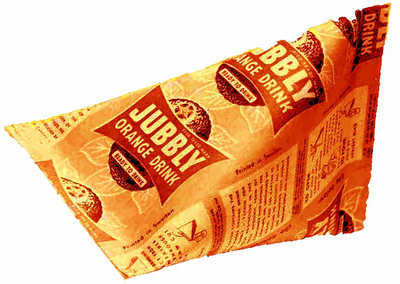De Beers has single handedly transformed our notion of engagement rings. On the eve of World War Two, a mere 10% of engagement rings contained diamonds. After the brand’s ‘A Diamond is Forever’ campaign, that figure was 80%. What’s more, the campaign imprinted the idea that a man should spend two month’s salary on the ring.
Advertising
The campaign was praised for shattering beauty stereotypes in advertising, and contributed to a doubling in sales. Yet its core insight is remarkably similar to the one in a Body Shop campaign that ran seven years earlier: “there are 3 billion women who don’t look like supermodels and only 8 who do.”
The world’s most annoying singer.
Grammarly can help…
In the 1980s, regulations meant Guinness could no longer say it was good for you. So the brand responded in style.
Or is it Specsavers? Weetabix? Cillit Bang?
Have you been in an accident that wasn’t your fault?
Barclays and E-Trade both use this insight in their advertising, but the latter is more engaging because of the adult voiceovers and the humorous scripts.
The British public recently heard the voice behind the seemingly inescapable ads. Zoe Lister jokes that cabin crew members must be “absolutely sick” of hearing her, and I’m sure many consumers would agree, but Jet2holidays now has the highest ad awareness of any airline in the UK – despite being much smaller than the market leaders.
The iconic slogan was inspired by a murderer. Ad executive Dan Wieden remembered hearing it from Gary Gilmore, an American man awarded the death penalty in 1977 for killing two men after depriving them of their valuables, and used it ten years later when he was creating Nike’s first TV advert.
Did somebody say?
Or is it Spotify?
An ad at the Superbowl is famously expensive – $7 million for 30 seconds – so water brand Liquid Death used this to their advantage. Instead of paying for airtime themselves, they allowed brands to bid to advertise on packages of Liquid Death, which are seen in store by 200 million+ people per week. A great way of zigging when others zag, and making the most out of existing media.
Or is it Google?
The saying comes from a 1950s advertising slogan for Jubbly, an orange-flavoured soft drink. An early example of a distinctive brand asset.

